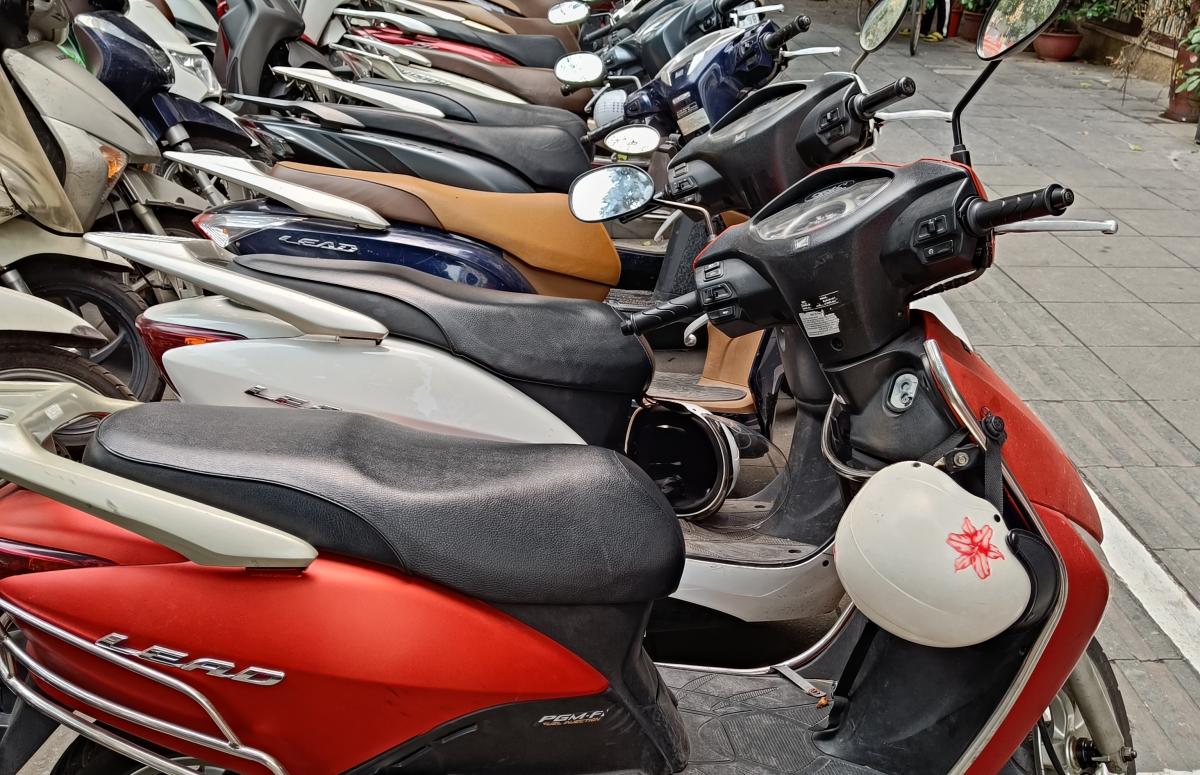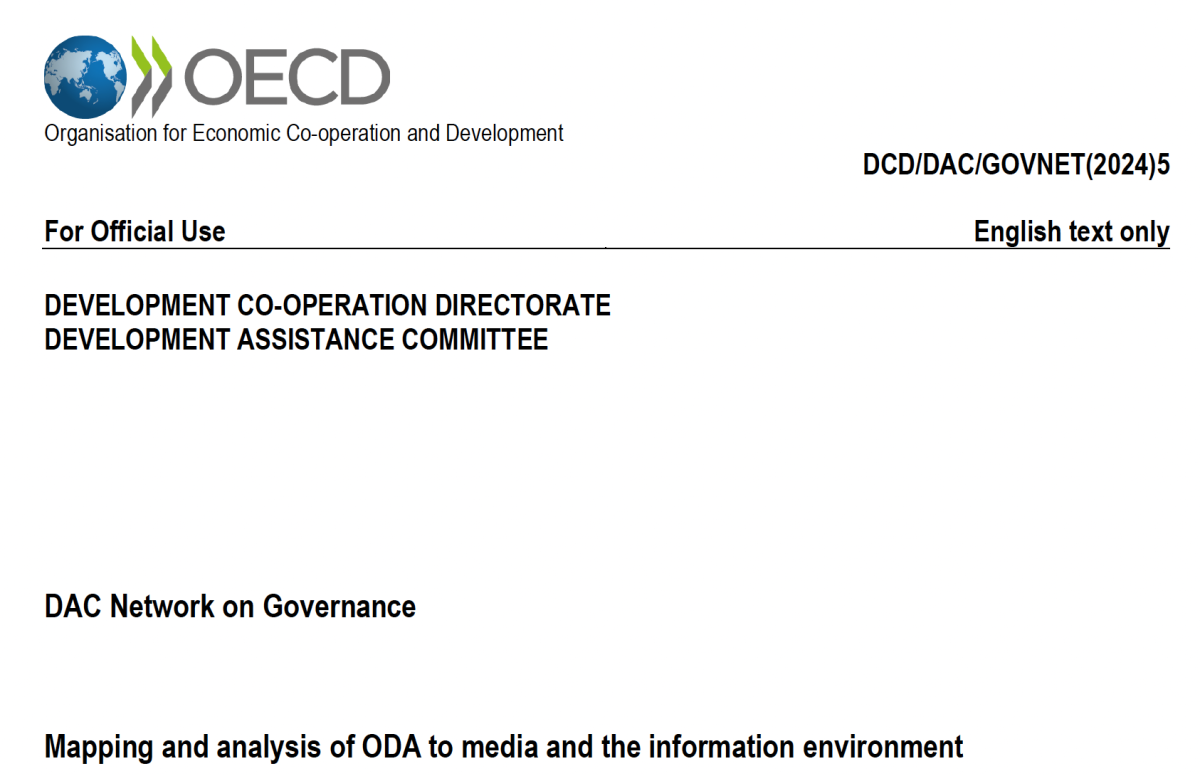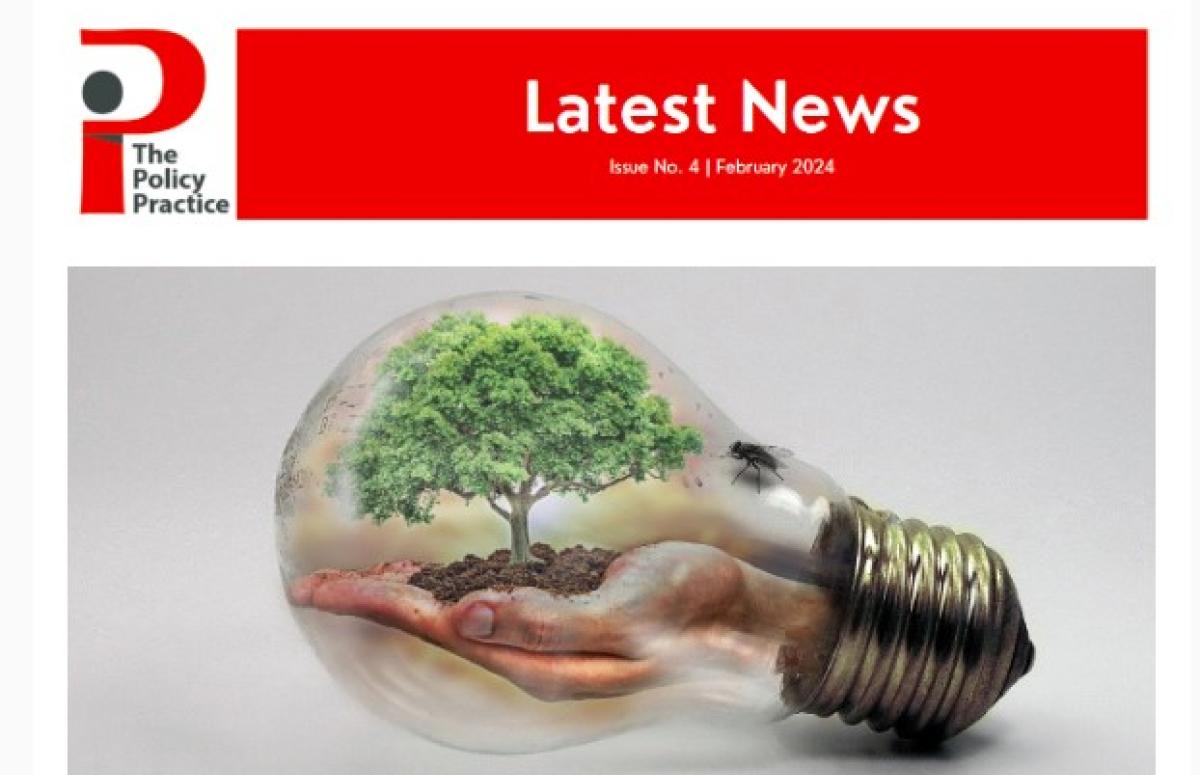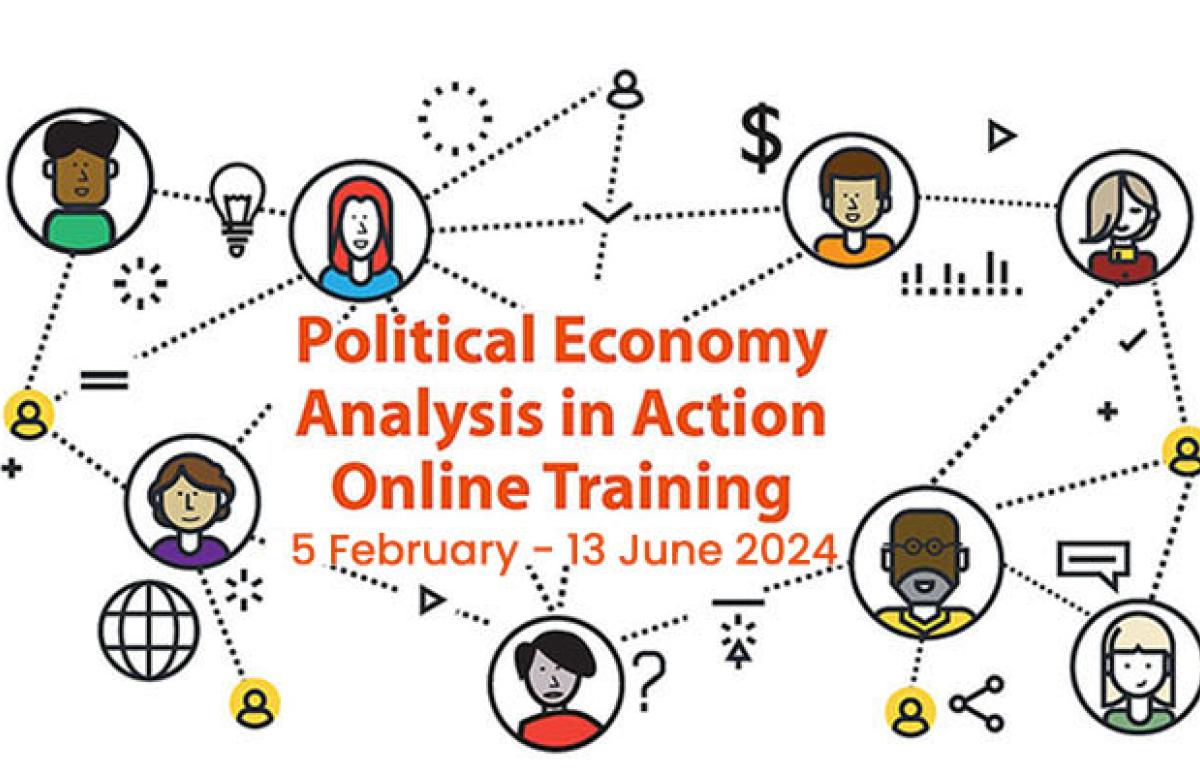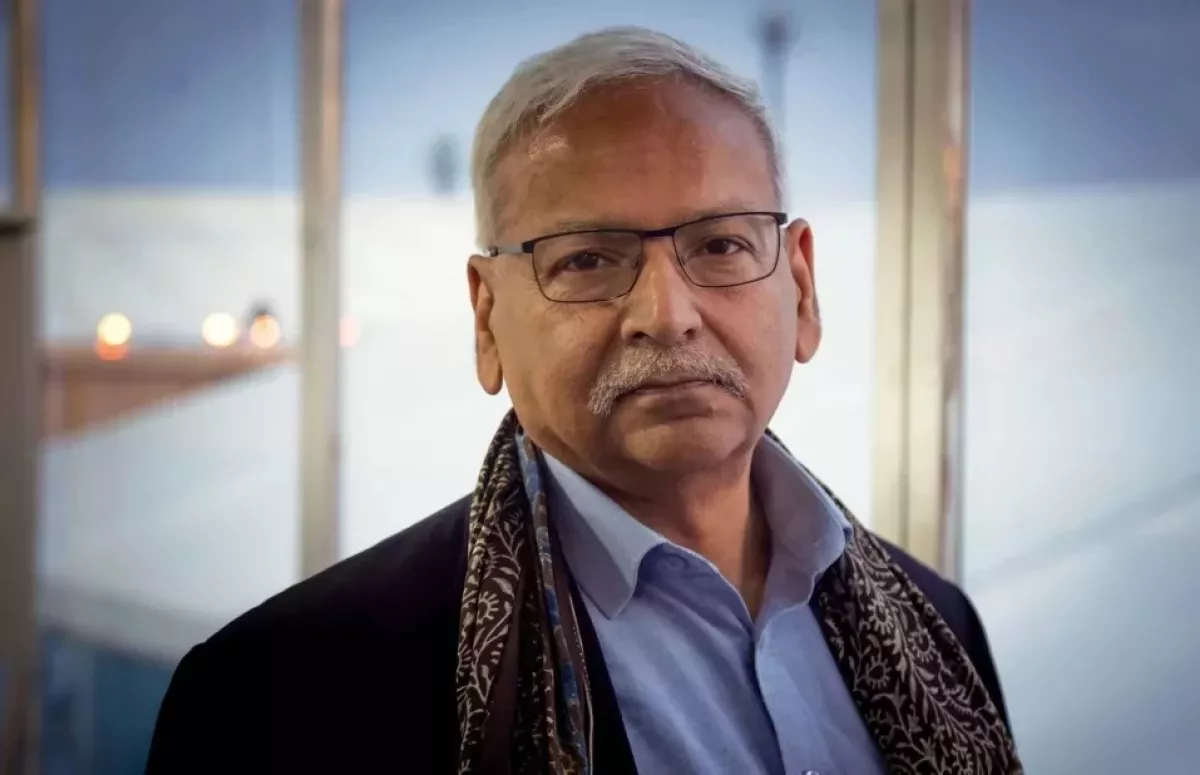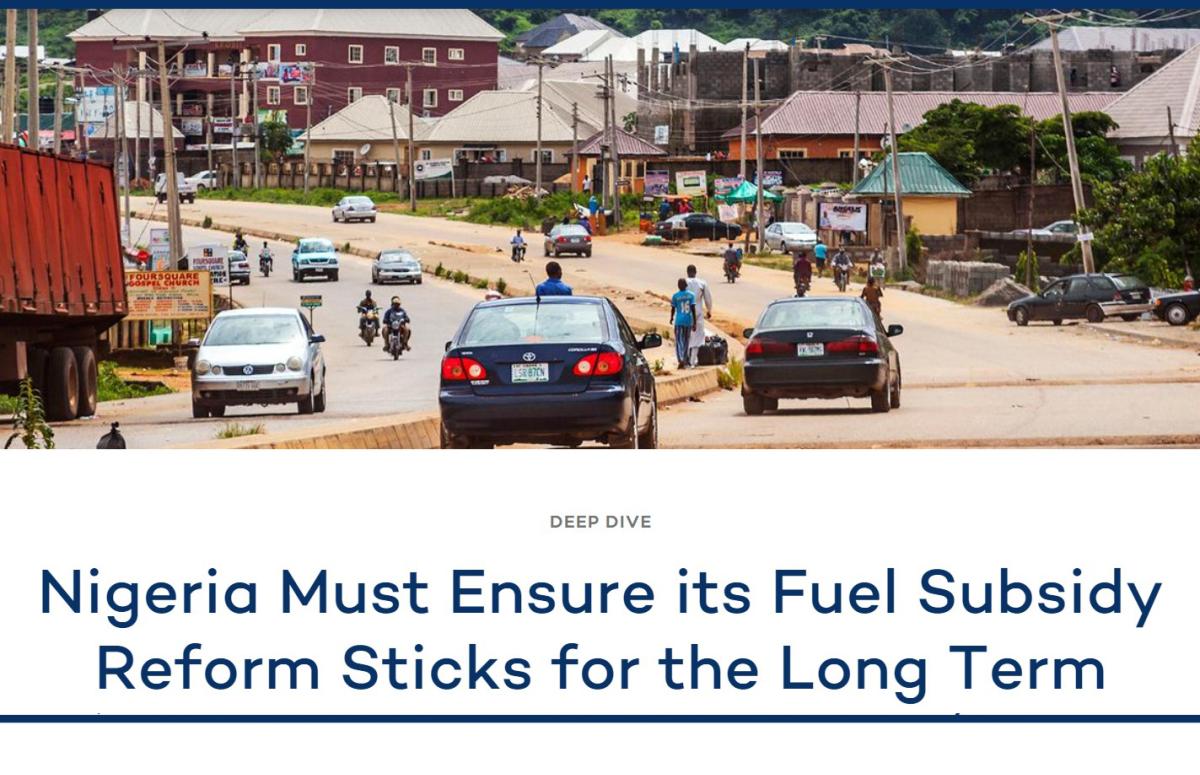Political economy analysis for climate action - new course launched starting October 2024
The Policy Practice is delighted to be re-running the popular online course on Political Economy Analysis for Climate Action. This course explains how political economy analysis can be used to understand the challenge of action on climate change and to design more effective interventions. The course will consist of eight, 2-hour online sessions from 4 October to 12 November 2024. For more information and to register please click below or see our flyer here.
The political economy of energy transitions in Ghana, Zambia and Vietnam - Policy Brief 17
Written by Sam Bickersteth with Neil McCulloch and Meron Tesfamichael, this policy brief draws out some of the common constraints hindering the energy transition in Ghana, Zambia, and Vietnam and many other countries in the Global South. It also shows how political economy analysis can help to identify politically feasible pathways of change in each country demonstrating the importance of such analysis as an essential tool to understand energy transition.
Media support: aid funding does not match donor rhetoric
Laure-Hélène Piron (TPP Director) presented her analysis of official development assistance to media and the information environment to the Governance Network of the OECD Development Assistance Committee on 6 March 2024.
The draft report shows that the rhetoric of governments which support freedom of expression and condemn disinformation is not matched by sufficient funding. And too little directly goes to local media organisations.
Latest Newsletter from The Policy Practice
We're pleased to share with you our latest newsletter. Read here to find out more about the projects we have been working on at TPP, and exciting news about the launch of our next Political Economy Analysis for Climate Action online training course, starting 5 March 2024. This issue also includes our new Policy Brief on The political economy of a green recovery in Ukraine.
The political economy of a green recovery in Ukraine - Policy Brief 16
This Policy Brief discusses the political economy of a green recovery in Ukraine. It analyses how corruption might inhibit green, equitable and sustainable reconstruction in Ukraine, the drivers of this corruption and the political opportunities for tackling it. It recommends joining up the anti-corruption and environmental reform agendas, ensuring citizen and community involvement in post-war recovery and building on wartime community self-help initiatives.
Latest Political Economy Analysis in Action online training course launched
We are pleased to announce the launch of our next Political Economy Analysis in Action online training course, starting 5 February and running until 13 June 2024
The course is designed to equip participants to identify the challenges arising from political economy features of the contexts in which they work, and to draw well-grounded conclusions for policy, strategy, or programme design and implementation.
If you or your colleagues are interested in participating in this course or a tailored one in the future, please see our course flyer or email training@thepolicypractice.com for further details.
Saleem Ul Huq
We are very sad to hear of the passing of Prof. Saleem Ul Huq, one of the world’s most prominent climate change experts and Director of the International Centre for Climate and Development in Bangladesh. Saleem was a tireless champion of action on climate change. As a leading author in two of the major assessments undertaken by the International Panel on Climate Change, his work highlighted the impact of climate change on developing countries, and the importance of greatly increased funding for adaptation to climate change. He also advocated for the establishment of a mechanism to pay for the loss and damage already sustained by countries such as his own, which was finally agreed, in principle, at COP27 in 2022. In the same year, he was named one of the top 10 scientists in the world by Nature, the international science journal.
Having attended every single one of the Conference of Parties of the UNFCCC, Saleem was a strong believer in the importance of understanding the political economy of climate action. In 2021, he kindly agreed to be interviewed by TPP Principal, Sam Bickersteth as a contribution towards our course on the Political Economy Analysis for Climate Action. The interview can be found here.
Why governments drag their feet on climate action - and what to do about it. New blog from TPP Director Neil McCulloch
In March 2023, the Intergovernmental Panel on Climate Change released a Synthesis report of its huge sixth assessment report, pointing out that greenhouse gas emissions must fall dramatically – starting immediately – for us to have any chance of keeping the global temperature within 1.5 degrees above pre-industrial levels by 2100. The response to this depressing reality from many advocating urgent action to tackle climate is that we must try harder. That failing to do so will result in catastrophe. This blog argues that this is the wrong approach. That the rallying cry to keep on pushing forward is unlikely to work unless we have a better understanding of the political barriers to doing so.
Q&A with Dr, Neil McCulloch - written by Aia Brnic (IISD) and Neil McCulloch
Neil was interviewed by the International Institute for Sustainable Development (IISD) about the controversial fuel subsidy reforms that have just taken place in Nigeria.
This article first appeared on the IISD website - see link below:


